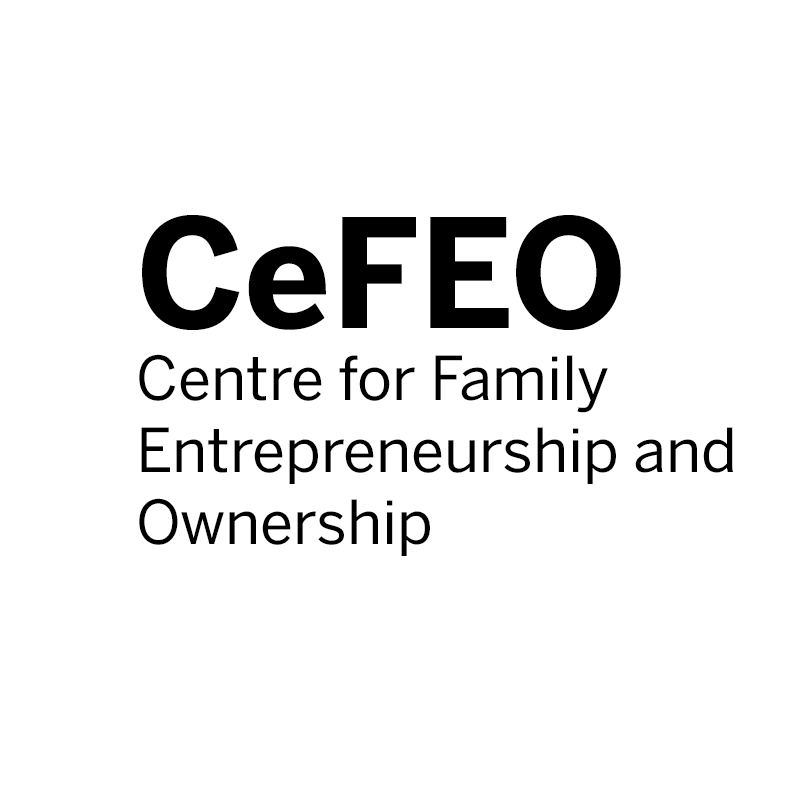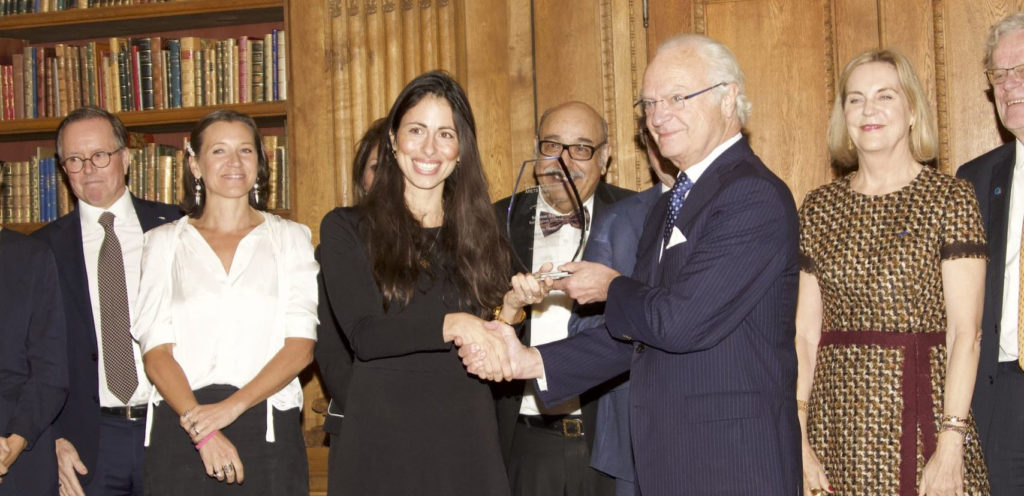16 years of academic excellence and practical relevance in Family Entrepreneurship and Ownership.
Law or relationships – what do you trust?
When you want to ensure that your family business lasts more than one generation, you can trust two different things: The law, or your family relationships. None is necessarily better than the other – you just risk different things.

Meet the Johansson family*. The business was founded by Ms. Johansson’s father more than 50 years ago. Ms. Johansson worked hard to build the firm from a small shop into a multi million kronor business. She was very aware of the importance of the business as a provider for jobs and its importance for the region. Hundreds of families relied on the business to ensure their livelihood. But Ms. Johansson was also aware of how fragile this situation was. During her childhood, she learned how the business of her grand-uncle was ruined by incompetent successors. Her cousins – born with a “silver spoon in their mouths” – took their wealth for granted and felt entitled to run the business, although they weren’t up to the job. The result: Hundreds of families unemployed, and a family rich in conflict and debt. Ms. Johansson wanted to do things differently – she wanted the business to last. Having devoted her life to build and grow the business, Ms. Johansson was convinced that a business is nothing that you are entitled to own. You don’t have a right for ownership, for that “silver spoon”, simply because you were born into the business family. A business is a living entity on its own, and requires the necessary stewardship to grow and to be protected from family entitlements. So she made sure that the family won’t have the right to own and to destroy the business: At the 18th birthday of each of her children, they had to sign a waiver of inheritance rights. Later on, Ms. Johansson transferred the ownership of the business into a foundation. Her children each have voting rights in the board of the foundation to ensure that the strategic decisions are in line with the legacy of the family, and that competent external managers are appointed to the business. The ownership basis now was secured. In order to do so, Ms. Johansson relied on a law-based solution. But to secure the business from potentially incompetent heirs came with a price. Being forced to sign the waiver of inheritance rights was a big shock for each of the children. No matter that they understood the rationality of this decision later, they experienced this episode as a signal of distrust and rejection which caused serious emotional turmoil. The family invested a lot time to repair their relationships and the children successfully struggled to find their new identity in relation to their mother and the family business. Today, the business is in good shape and the next generation has taken the ownership helm. But if they hadn’t succeeded in adapting and repairing their relationship, they would have suffered the risk of securing the business and destroying the family in the process.
Meet the Berglund family*. The business was already owned in the third generation, but Mr. Berglund was not involved in the management of the firm. Instead, he was strategically leading the family from an active owner position – just as his father before. Ever since his children were born, Mr. Berglund was thinking about the future of the family and the business – similar to Ms. Johansson. Similar to her, he was aware that his children were not necessary the best managers for the business. The “genetic lottery” is too dynamic and personal interests are too diverse to bet your business on it. And just like Ms. Johansson he was sure: they could be the best owners who choose the best managers to do the job. He was convinced that ownership means responsibility – but in order to be fully responsible, you need the option to make mistakes and fail. If you were not free to make mistakes, you would never be fully responsible. This is a crushing freedom, for sure, that you might sometimes feel as a heavy burden. But you can’t have responsibility without it.
So Mr. Berglund made sure that his children understood the responsibility of being an owner. It became a normal part of his children’s life to get to know the business, the responsibilities that Mr. Berglund was dealing with, the families that depended on the business, the management that devoted their time to it, etc. He and his wife are also sending the message that they trust their children with the business. And one of the strongest motivators for the children, who are now in the process of ownership transfer, is to not disappoint the trust their parents put into them. And this solution works very well up to now, as the parents are still around. But what will happen later, when the children are on their own? Nobody knows. No one can predict if there will be destructive relationship conflicts in this or the next generation, or if the next generation will be as responsible as this generation. The business is still at risk to be taken for granted as a “cash cow” that only serves the needs of the owning family. And thus, it might die in the process of “feeding the family”. Mr. Berglund relied on a relationship-based solution, but this solution is not permanent and has to be recreated in every generation.
Both stories show the importance of dealing with different, sometimes contradicting, values and positions in relation to management, ownership, and the family. One could say that the business bears the potential to damage the family and the family bears the potential to damage the business. No matter what you might prioritize – the business like Ms. Johansson or the family like Mr. Berglund – you are risking the side that you neglect. But at the same time, the business bears the potential to strengthen family relationships and the family can infuse the business with their passion, commitment, knowledge and tradition. It is a delicate balance that needs to be recreated in every generation.
To achieve this balance, the family needs to take multiple perspectives into account. The family has to develop their mindset as owning family – what does it mean to own the business, which competencies to you need, how do you see yourself as responsible owners, which kind of behaviors does it require in relation to management? At the same time they have to answer the question: Which kinds of legal regulations and frameworks are necessary to ensure long-term existence of the business and the family? This requires legal counsel who is aware of the dynamics of family, ownership and business, and can take into account their interdependence. And finally – both stories show that you can’t take your relationships for granted. As circumstances change, they also have to evolve, and this requires active relationship work.
In the end, these multiple perspectives – business and management, law and ownership, relationships and family – have to be considered not only by business families, but by all stakeholders who are involved with family businesses: Lawyers, advisors, politicians and researchers, etc. The researchers at Center for Family Entrepreneurship and Ownership (CeFEO) External link, opens in new window. have dedicated themselves to uncover the complexities of the family business. An interdisciplinary team of strategy and entrepreneurship scholars, law professors and psychologists is looking at matters of business, ownership and family and creates relevant knowledge for academics, business families and practitioners alike.
Dr. Markus PlatePsychologist and post doctoral researcher in family business at CeFEO/JIBS. Specialization in identity, relationships and emotions (especially shame) in the family business, with a focus on leadership, ownership and conflicts. Communication trainer and coach.*) The names are fictitious, the family-history based on real family experiences.
Detta är en bloggtext. Det är skribenten som står för åsikterna som förs fram i texten, inte Jönköping University.





